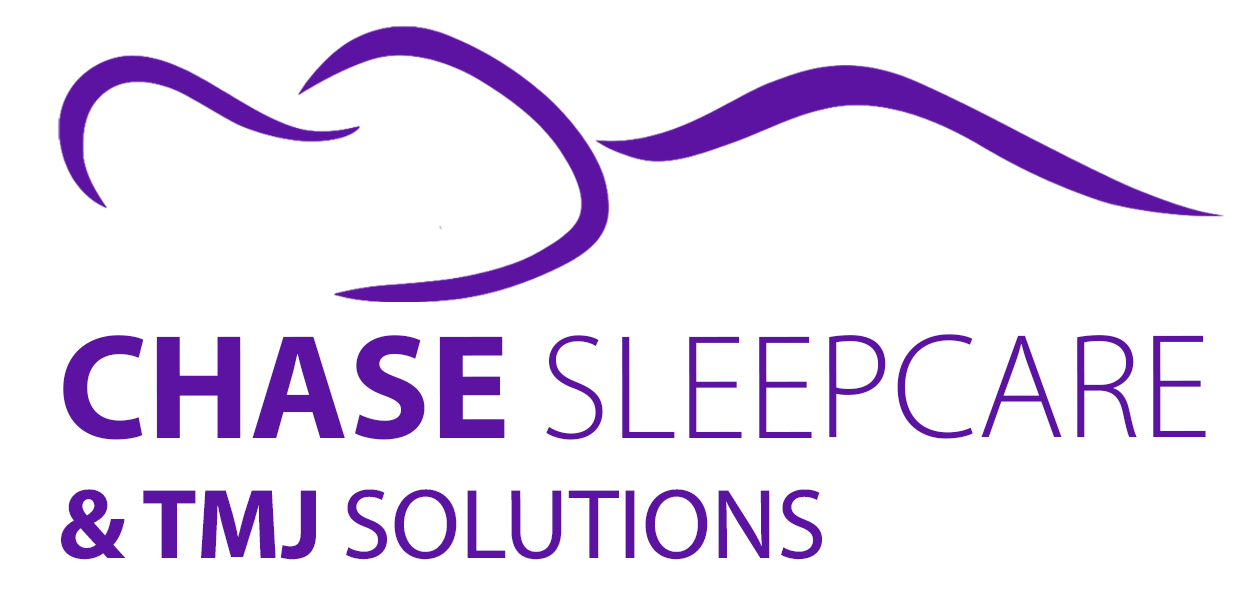
Temporomandibular joint dysfunction (TMD) is a type of disorder of the temporomandibular joint (TMJ) that causes pain and tenderness in your jaw. If you notice a clicking or grating sensation when you chew or open your mouth, the specialists at Chase Dental SleepCare can help you determine the cause of your condition and the best treatment to relieve your pain. Chase Dental SleepCare has several convenient locations in New York: East Meadow, Commack, Medford, and Plainview in Long Island; Oakland Gardens in Queens; Midwood in Brooklyn; Staten Island; and White Plains in Westchester. To schedule your assessment, call one of the offices today or book your appointment online.
What is temporomandibular joint dysfunction (TMD)?
The temporomandibular joint (TMJ) is located in your jaw located near the front of your ear. You have a TMJ joint on either side of your face that controls the movement of your jaw.
Your TMJ is essential to speaking, biting, and chewing properly. When the TMJ becomes injured or inflamed, it can result in persistent pain and tenderness known as temporomandibular joint dysfunction (TMD).
There are a number of factors that may contribute to the development of TMD. These include:
- Genetics
- Arthritis
- Trauma or injury
- Jaw misalignment
- Chronic teeth grinding
- Chronic teeth clenching
Lifestyle factors like poor posture and excessive gum chewing can also contribute to TMD. Patients who have experienced joint damage or injury to the jaw are also at an increased risk for TMD.
If you experience concerning symptoms, the specialists at Chase Dental can provide you with safe and effective treatment.
What are the symptoms of TMD?
Symptoms of TMD include:
- Jaw pain
- Clicking or popping of the jaw
- Jaw stiffness or soreness
- Locking of the jaw
- Facial pain
- Pain in and around the ears
- Difficulty chewing
- Headaches
- Chronic migraine
The symptoms of TMD make it difficult to go about your normal activities. Some patients are unable to open or close their mouths completely. In most cases, TMD can be effectively treated through conservative treatment options.
How is TMD treated?
Treatment for your condition begins with an evaluation. Your dentist performs an oral exam, checking your jaw for range of motion, tenderness, and other abnormalities. The specialists at Chase Dental SleepCare specialize in a conservative approach to TMD treatment.
Depending on the severity of your symptoms, treatment likely begins with over the counter pain relievers and eating soft foods for a few days. Your dentist may instruct you on massages and self-care techniques you can do at home to help relieve your symptoms.
If your condition is unresponsive to at-home care, Chase Dental SleepCare offers a number of safe and effective treatments for TMD including:
- Splint therapy
- Injections
- Physical therapy
In some cases, surgery may be required to address your jaw pain. To find out which treatment is right for you, call one of the offices or schedule your appointment online.
We see patients in the following surrounding cities: Manhattan, NYC, Bronx, Queens, Staten Island, New Jersey, and Connecticut. Call us to book your appointment today.
